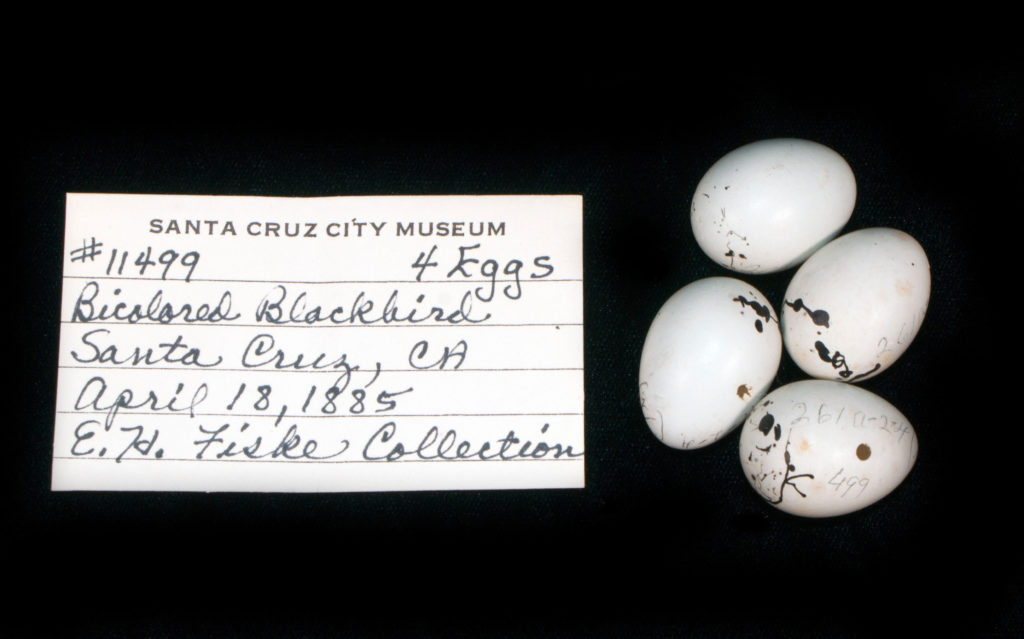
We’ve compiled some of our favorite online resources for digging-deeper into natural history. From virtual tours of other natural history collections to digital field guides that can supplement your outdoor adventures, explore what our community (both local and global) has to offer!
Digital Field Guides
- Animal Tracks: Nature Tracking compiles animal tracking resources in order to “make learning to identify animal tracks as easy and fun as possible.” We also have our own animal tracking activity, here.
- Feathers: The Feather Atlas is an image database dedicated to the identification and study of the flight feathers of North American birds.
- Amphibians: Get to know our slithery and slimy friends through AmphibiaWeb, an online field guide and database of amphibians.
- Birds: Identify your backyard birds, keep track of what you observe, and get to know the many birds that you encounter any given day through the definitive resource for birds and bird watching in North America — the Cornell Lab of Ornithology and their Merlin Bird ID app.
- Marine Animals: The Marine Species Identification Portal offers information on thousands of different species in the world’s oceans and seas.
Digital Databases, Virtual Tours, and More
- Biodiversity Heritage Library: An open access digital library for biodiversity literature and archives. BHL’s global consortium of natural history, botanical, and research libraries cooperate to digitize and make their collections accessible as a part of a global “biodiversity commons.”
- Cloud Appreciation Society: Get a little poetic about nature and explore the Cloud Appreciation Society who urge you to “Look up, marvel at the ephemeral beauty, and always remember to live life with your head in the clouds!”
- National Parks: Maybe your vacation was postponed, but you can still explore our National Parks through these virtual tours.
- Duke University: A database of 3D images of specimens for “Educators Organizing Online Courses Using Biological Specimens.”
- The American Museum of Natural History: AMNH hosts a long list of activities, articles, videos and more, for educators, families, students, and anyone interested in teaching or learning about science.
- Brains On: An award-winning science podcast for kids and curious adults from American Public Media.
- NASA: A vast collection of images, videos, and articles all about space.
- Smithsonian Museum of Natural History: Virtual tours of the museum and its collections.
Local Resources
- Amah Mutsun Tribal Band: Explore the culture, history, and traditional ecological knowledge of our local tribal band.
- Bay Nature Magazine: Try visiting these Bay Area places to avoid people — as compiled by the great folks at Bay Nature Magazine, a wonderful resource for getting to know the natural history of the greater bay areas.
- Capitola Historical Museum: Explore local history through a slew of video interviews and lectures.
- Santa Cruz Museum of Art and History: Stay involved with our local community by following along with the MAH’s list of resources.
Post by: Marisa
